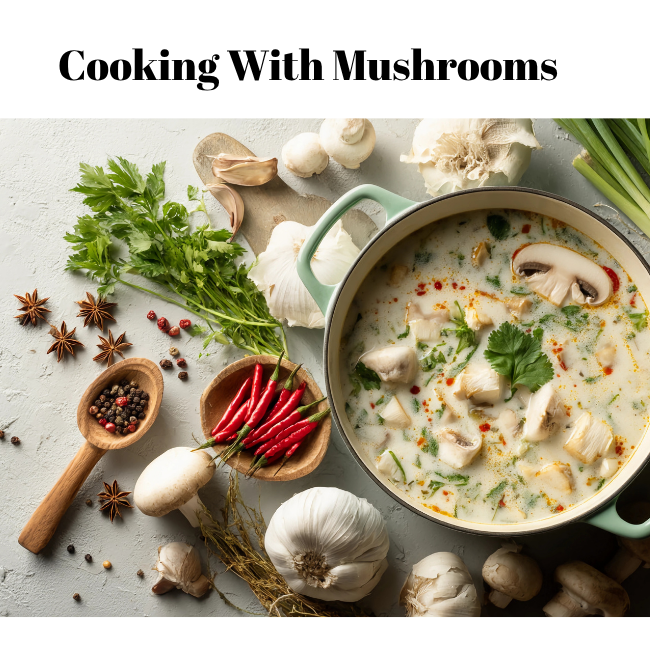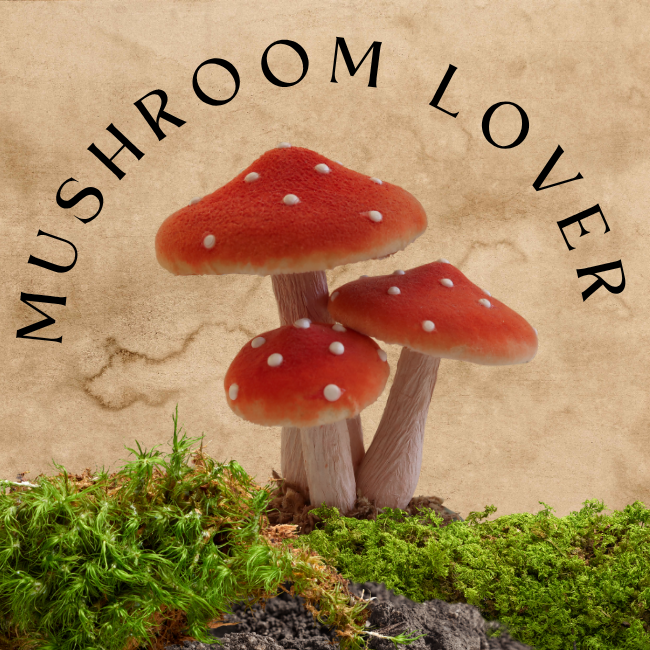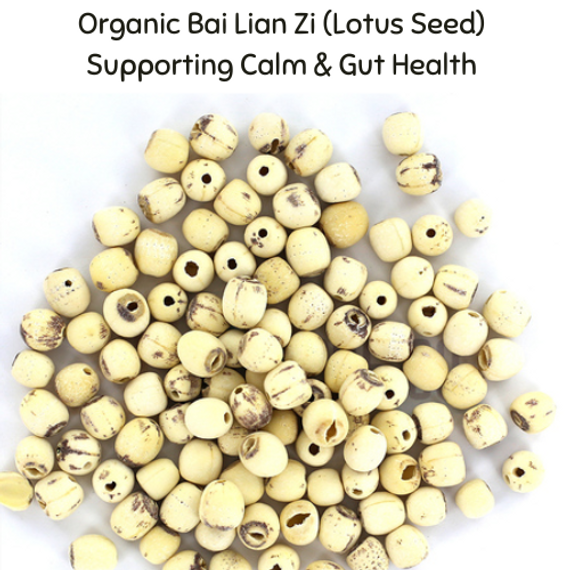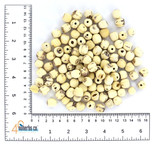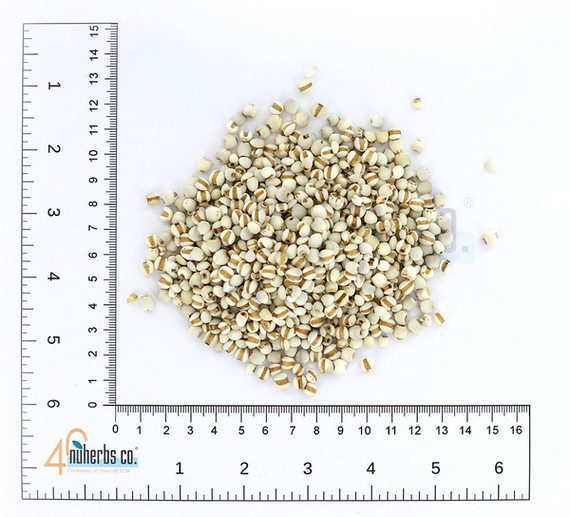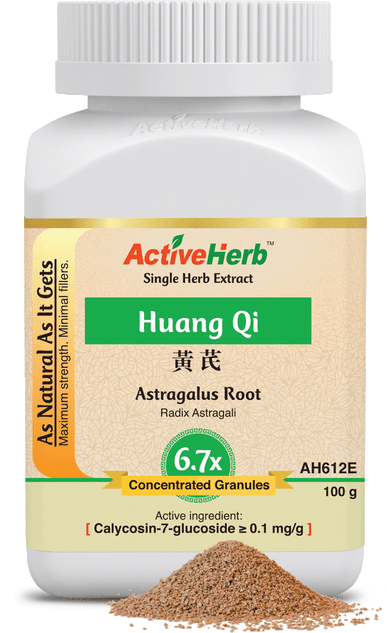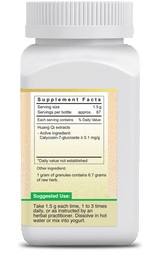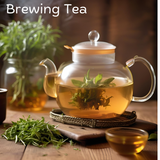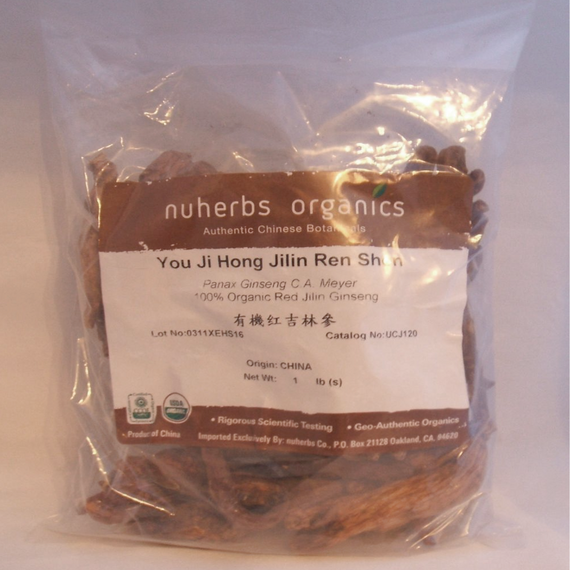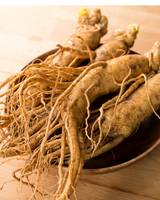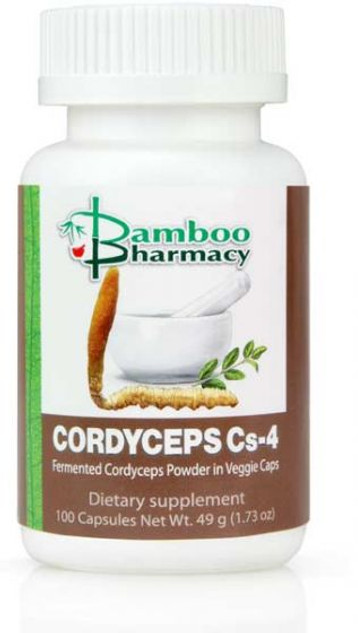THE ULTIMATE GUIDE TO MEDICINAL MUSHROOMS
How to Choose Them, How to Use Them, and Which Ones Are Right for You
(By 1st Chinese Herbs — Trusted Since 1994)
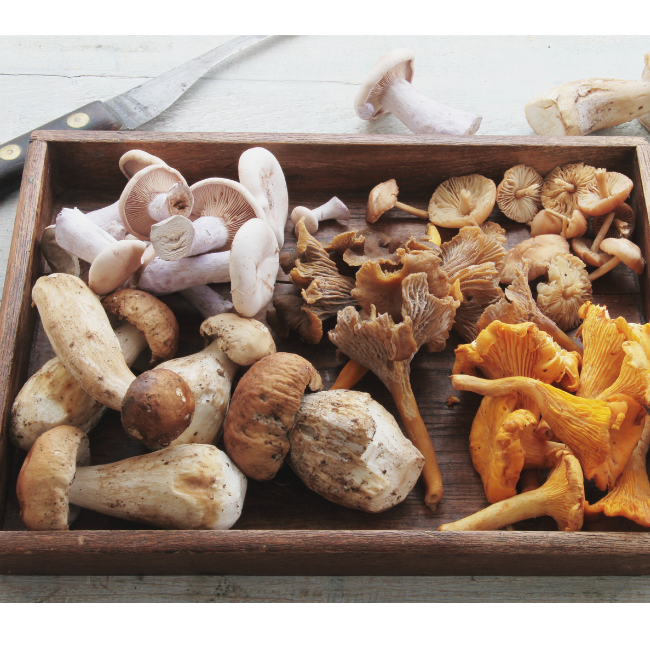
Quick Summary Of Medicinal Mushrooms
The most commonly used herbal mushrooms in Traditional Chinese Medicine include Reishi,
Lion’s Mane, Cordyceps, Turkey Tail, Chaga, Shiitake, and Maitake.
Use extract powders for fast preparation, whole powders for smoothies, and teapills for convenience.
Reishi is traditionally used for calm and balance, Lion’s Mane for clarity and Spleen/Stomach support,
Cordyceps for vitality, and Turkey Tail for Qi and digestion.
This guide explains how to choose the right mushroom,
how to use them daily, how they compare, and which formats offer the best value.
Table of Contents
-
Introduction
-
Why Mushrooms Matter in TCM
-
Meet the Top Herbal Mushrooms
-
Whole Powder vs Extract Powder vs Teapills
-
Comparison Charts
-
How to Use Mushrooms
-
When to Use Mushrooms
-
How Much to Use
-
Mushroom Buyer’s Guide (Critical Ranking Section)
-
What You Need To Know
-
Top Mushroom FAQs
-
Shop Our Best-Selling Mushrooms
-
About the Author
1. Introduction
Medicinal mushrooms have become one of the most trusted wellness tools — not because of hype, but because they’ve been used for thousands of years in Traditional Chinese Medicine (TCM). Today, they appear in coffees, teas, smoothies, extracts, capsules, and tinctures.
But modern consumers struggle with unanswered questions like:
-
Which mushroom is best for daily use?
-
What’s the difference between “whole powder” and “extract”?
-
How do I choose the right one for my goals?
-
How do you mix multiple mushrooms?
-
How long should I take them?
-
What form is the best value for the money?
This page answers everything clearly and simply —
2. Why Mushrooms Matter in TCM
In TCM, mushrooms are tonics, traditionally used to support:
-
Qi
-
Spirit
-
Vitality
-
Organ harmony
They’re known for their versatility, their gentle nature, and their ability to be used long-term.
3. Top Herbal Mushrooms (What They’re Traditionally Used For)
Medicinal mushrooms have been part of Traditional Chinese Medicine (TCM) and East Asian herbal systems for thousands of years. Each mushroom carries its own energetic profile, flavor nature, organ associations, and classical uses. Here is a deeper look at today’s most popular mushrooms and what they have been traditionally used for within herbal systems.
Reishi (Ling Zhi)
TCM Category: Tonify Qi / Nourish the Spirit
Flavor & Nature: Bitter, sweet / Neutral
Organs Entered: Heart, Liver, Lung
Reishi is one of the most famous mushrooms in Chinese medical history. Traditionally referred to as the “Mushroom of Immortality,” Reishi has been used to support:
-
Shen (Spirit) calmness
-
Heart Qi balance
-
Relaxation and grounding
-
Emotional harmony
-
Long-term vitality tonification
Its bitter-sweet nature makes it a favorite for individuals seeking a grounding daily tonic. Reishi is also one of the most popular mushrooms for evening use due to its traditional calming influence.
Lion’s Mane (Houtou Gu)
TCM Category: Support Spleen/Stomach Qi
Flavor & Nature: Sweet / Neutral
Organs Entered: Spleen, Stomach
Lion’s Mane is traditionally used in East Asian herbalism to support:
-
Mental clarity
-
Digestive harmony
-
Healthy appetite and nourishment
-
Spleen Qi support
-
Overall stomach comfort
In modern blends, Lion’s Mane is often paired with Reishi or Cordyceps for balanced daily support. It is also a favorite in coffee-alternative routines due to its mild flavor and easy mixability.
Cordyceps (Dong Chong Xia Cao / Militaris / CS-4)
TCM Category: Tonify Yang / Tonify Qi
Flavor & Nature: Sweet / Warm
Organs Entered: Lung, Kidney
Cordyceps has one of the most unique histories in herbalism. Traditionally used for:
-
Supporting vitality and endurance
-
Balancing Lung and Kidney Qi
-
Tonifying Qi after exertion
-
Maintaining natural stamina
Cordyceps is frequently chosen by those who want daytime energy without stimulants. It is excellent in morning mushroom formulas and is one of the strongest Qi tonics in the mushroom category.
Turkey Tail (Yun Zhi)
TCM Category: Tonify Qi
Flavor & Nature: Sweet, slightly bitter / Neutral
Organs Entered: Spleen, Lung
Turkey Tail is one of the most extensively used mushrooms in both Chinese and Japanese herbal traditions. It is traditionally valued for:
-
Supporting Spleen Qi
-
Digestive balance
-
General immune system harmony
-
Long-term wellness maintenance
In TCM theory, Turkey Tail’s ability to support middle burner harmony makes it ideal for daily use and seasonal transitions.
Chaga (Inonotus obliquus)
Traditional Systems: Siberian, Northern European, Indigenous, Folk Herbalism
Flavor & Nature: Bitter, slightly vanilla / Neutral–warming
Though not a classical TCM herb, Chaga is considered a powerful tonic in northern cultures. Traditionally used to support:
-
Overall vitality
-
General wellness and resilience
-
Nourishing daily tonic routines
-
Winter-season balance
Chaga is loved for its smooth, earthy flavor and blends beautifully into coffee, cacao, and warm beverages.
Maitake (Hui Shu Hua)
TCM Category: Tonify Qi / Transform Dampness
Flavor & Nature: Sweet / Neutral
Organs Entered: Spleen, Liver, Stomach
In both Japanese Kampo medicine and Chinese herbalism, Maitake is traditionally used to support:
-
Healthy digestion
-
Qi and nourishment
-
Daily tonification
-
Light, uplifting energy
Its culinary nature makes it easy to incorporate into soups, broths, and meals while still functioning as a traditional wellness mushroom.
Shiitake (Xiang Gu)
TCM Category: Transform Dampness / Strengthen Qi
Flavor & Nature: Sweet, savory / Slightly warm
Organs Entered: Spleen, Stomach
Shiitake is one of the rare mushrooms used equally as a food and a tonic herb. Traditionally, it supports:
-
Healthy digestion
-
Balanced Qi
-
Nourishment and vitality
-
Gentle tonic support for everyday use
Its rich umami flavor and versatility make it one of the easiest mushrooms to use in both culinary and herbal routines.
Takeaway
Each mushroom has its own personality — Reishi for grounding, Lion’s Mane for clarity, Cordyceps for vitality, Turkey Tail for Qi, Chaga for northern-style tonification, Maitake for digestion, and Shiitake for nourishment.
This is why many people combine two or three mushrooms for a balanced, daily tonic that supports multiple aspects of wellness without overstimulation.
4. Extract Powder vs Whole Powder vs Teapills
Choosing What Is Best For You
Whole Mushroom Powder
-
Simply dried and ground
-
Contains full mushroom (fiber + mycelium + fruiting body)
-
Best for: smoothies, soups, capsules
Extract Powder (5:1, 10:1, 20:1)
-
Extracted and concentrated
-
Best for: tea, daily quick use, fast dissolution
-
The most popular format
Teapills
-
No-mess, travel-friendly
-
Best for: people who want precise, easy serving sizes
Tinctures
-
Alcohol-based liquid extracts
-
Great for quick absorption
5. Comparison Charts
A. Extract vs Whole Powder
| Feature | Whole Powder | Extract Powder |
|---|---|---|
| Strength | Mild | Stronger (5:1–20:1) |
| Flavor | Earthy | Mild–neutral |
| Best Use | Smoothies, cooking | Instant tea, daily use |
| Prep Time | Medium | Very fast |
| Cost | Lower | Higher (more concentrated) |
B. Best Mushroom Based on Your Goals
| Goal | Reishi | Lion’s Mane | Cordyceps | Turkey Tail | Chaga |
|---|---|---|---|---|---|
| Calm & grounding | ⭐⭐⭐⭐⭐ | ⭐⭐ | ⭐⭐ | ⭐ | ⭐ |
| Clarity & focus | ⭐ | ⭐⭐⭐⭐⭐ | ⭐⭐ | ⭐⭐ | ⭐ |
| Everyday vitality | ⭐⭐⭐ | ⭐⭐ | ⭐⭐⭐⭐⭐ | ⭐⭐⭐ | ⭐⭐ |
| Gentle daily support | ⭐⭐⭐⭐ | ⭐⭐⭐⭐ | ⭐⭐⭐⭐ | ⭐⭐⭐⭐ | ⭐⭐⭐ |
| Easy to mix | ⭐⭐⭐ | ⭐⭐⭐⭐⭐ | ⭐⭐⭐⭐⭐ | ⭐⭐⭐⭐⭐ | ⭐⭐⭐ |
6. How to Use Mushrooms
Mushroom Tea (Most Popular Method)
Use: extract powder
Dose: 1/8–1/4 tsp
Mix: hot water
Smoothies or Coffee
Use: whole or extract powder
Lion’s Mane + Coffee is very popular.
Broths / Cooking
Use: whole powder, slices, or dried mushrooms
Capsules / Teapills
The simplest option for daily consistency.
7. When to Use Mushrooms
-
Daily routines
-
Morning focus
-
Evening grounding
-
Busy or stressful periods
-
Seasonal transitions
-
As a coffee replacement
-
Long-term wellness support
8. How Much Should I Use?
Extract Powders
1/8–1/4 teaspoon, once or twice daily
Whole Powders
1/2 to 1 teaspoon daily
Teapills
Follow label directions
Consistency is key.
9. Mushroom Buyer’s Guide
If you’re new — start with extract powders.
Easy, fast, and consistent.
If you want maximum value — buy 5:1 or 10:1 extracts.
You use less per serving.
If you want convenience — choose teapills or capsules.
If you make smoothies — whole powder works best.
If you want the strongest effect — mix two mushrooms.
Popular stacks:
-
Lion’s Mane + Reishi
-
Cordyceps + Reishi
-
Turkey Tail + Reishi
If you buy in bulk — choose 1 lb or 5-kilo bags.
Avoid mushrooms without testing.
Look for:
-
batch numbers
-
COAs
-
sulfur-free sourcing
Top Mushroom FAQs
Are mushroom extracts stronger than powders?
Extracts are more concentrated and dissolve faster.
Can I take mushrooms every day?
Many people do, especially in TCM traditions. Follow label directions.
Can I mix different mushrooms?
Yes — popular blends include Lion’s Mane + Reishi, and Reishi + Turkey Tail.
Do mushrooms need hot water?
Hot water improves mixing for extracts.
How do I store mushroom powders?
In a cool, dry location in an airtight container.
Is fruiting body better than mycelium?
Both have value; quality depends on sourcing and testing.
What extract ratio should I choose?
5:1 and 10:1 are the most versatile.
Shop Our Best-Selling Mushrooms
→ Reishi Extract
→ Lion’s Mane Extract
→ Cordyceps Extract
→ Turkey Tail Extract
→ Chaga Powder
→ Shiitake Powder
→ Maitake Extract
→ Shop ALL Mushrooms
✒️ Author
Written by Sarah Johnson, M.S. in Holistic Healing
Owner of 1st Chinese Herbs • 30+ Years of Herbal Experience
Family-owned herbal supplier since 1994
Based in Republic, Washington
Committed to clean sourcing, sulfur-free herbs, and batch-tested transparency.



